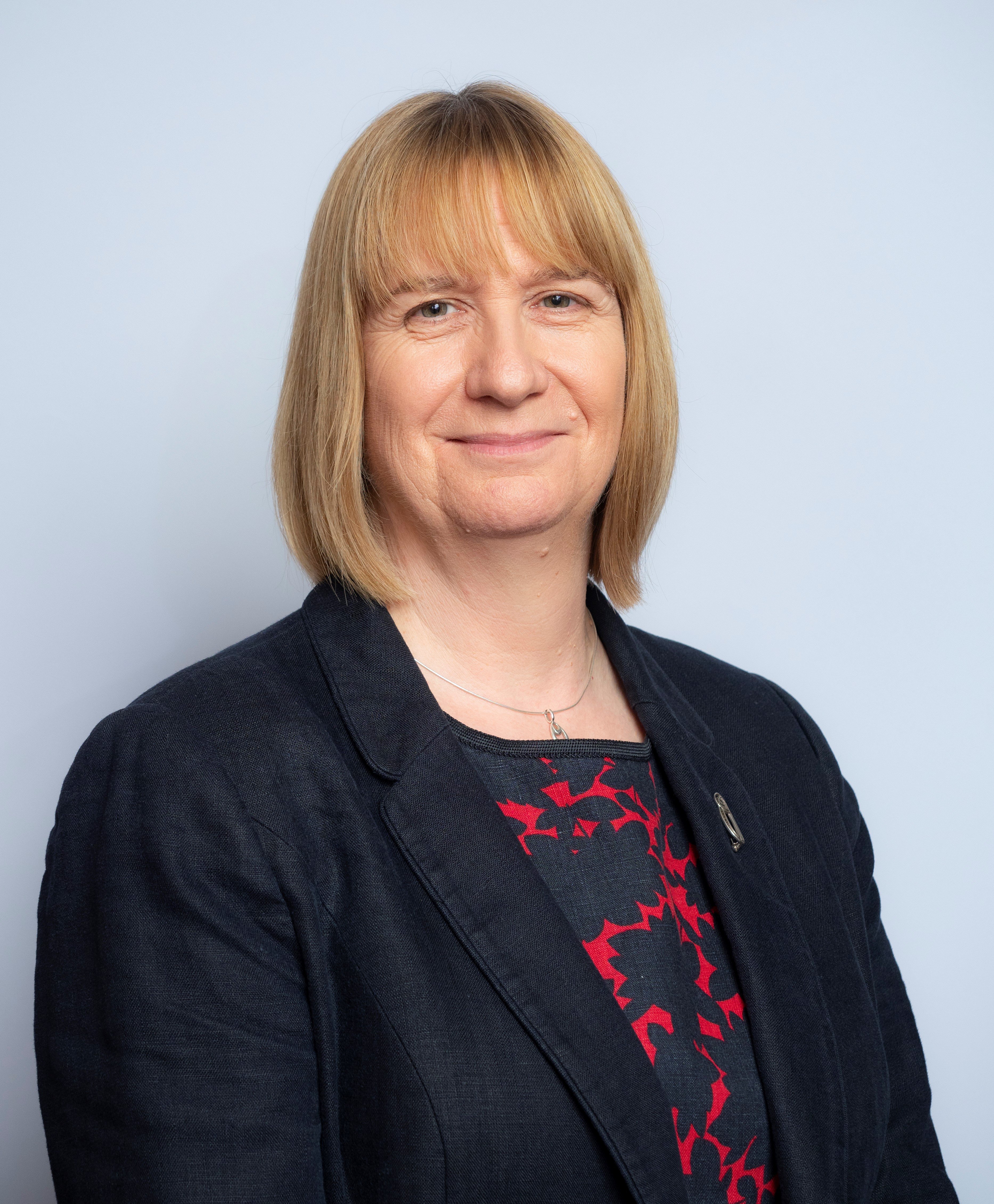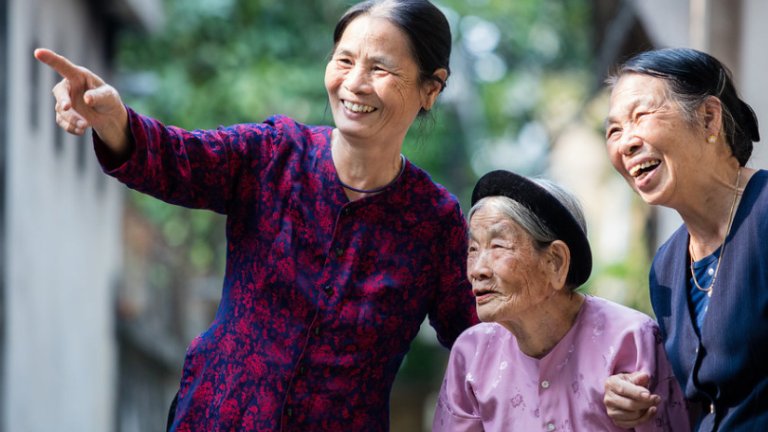Heléna Herklots CBE is the Older People’s Commissioner for Wales – an independent statutory role established in law to protect and promote older people’s rights. She took up post in 2018 after over 30 years working on ageing and older people’s issues. Starting her career working directly with older people and their families in day centres and care homes, she has influenced public policy, campaigned for change and developed and provided support services for older people.
This year’s theme for the International Day of Older Persons is digital equity for all ages. This is timely given the acceleration of the use of digital communications and services during the pandemic and the risks that some people, particularly older people, could be left behind. In Wales 41% of people over the age of 75 are not online and are at an increasing disadvantage in many aspects of life as a result.
From my many conversations with older people about what they value in healthcare, three things come to the fore. First is about how we are seen as we grow older. Are we valued for who we are, are we listened to, given time? As one older person put it to me, ‘we are more than just a collection of symptoms’.
Continuity of care is valued. It can be exhausting to have to continue to repeat your story to healthcare professionals, as well as to the many others that can play such an important role in our lives as we age – social workers, care workers, all the people that can make up the web of support we may need. Having a trusted person, who knows your story and understands the complexity of the support you may need can make the world of difference.
The third issue is communication. The older people I’m in touch with know that there are pressures on the NHS and that there may be waits to be seen or for treatment. But these waits are made worse if there is poor communication or a lack of attention given to dealing with the waiting time and the anxiety and deterioration in physical and mental health that can result.
Good healthcare for older people recognises the importance of these three things – valuing older people, continuity of care, and good communication. But these are not universally experienced and the pressures of the pandemic risk the situation getting worse.
The pandemic has coincided with the UN Decade of Healthy Ageing with four areas for action – age-friendly environments; combatting ageism; integrated care; long-term care. Action in these four areas will go a long way to improving healthcare for older people and importantly, enable more of us to live healthier lives as we age.
Priority must also be given to ensuring that older people living in care homes are able to access clinical services. I welcome the recommendations in the British Geriatrics Society’s Ambitions for Change report, which set out how the delivery of healthcare in care homes could be improved, including routine comprehensive geriatric assessment for all older people entering care homes, establishing a definition of a care home multidisciplinary team, and improving the collection and sharing of data regarding care homes and their residents.
In the longer term, older people need to be supported to maintain their health and well-being, and enabled to age well, which must include being given sufficient priority to access primary care services, including dentists and opticians. Alongside this, Community Geriatricians will continue to be an important element of healthcare for older people with complex health problems or those who are frail, ensuring they receive expert care within the community and vital support at the interface between the primary and acute phases of their care journey.
As services increasingly move online we need to ensure that older people are not disadvantaged. This is why I will soon be using my legal powers to issue statutory guidance to local authorities and health boards in Wales, which makes clear why upholding people’s rights to access information and services is so important. It will set out what needs to be in place to assist and support older people who are interested in getting online whilst also ensuring that those who are unable or choose not to go online can access what they need by other means. It will be my contribution to trying to ensure digital equity for all.
The International Day of Older Persons gives us an opportunity to celebrate our older citizens as well as to reflect on our own ageing. It’s an important time to remember the vital contribution that older people make to our society, both now and for the future.
In the words of Nelson Mandela...
"A society that does not value its older people, denies its roots and endangers its future. Let us strive to enhance their capacity to support themselves for as long as possible and, when they cannot do so anymore, to care for them".

